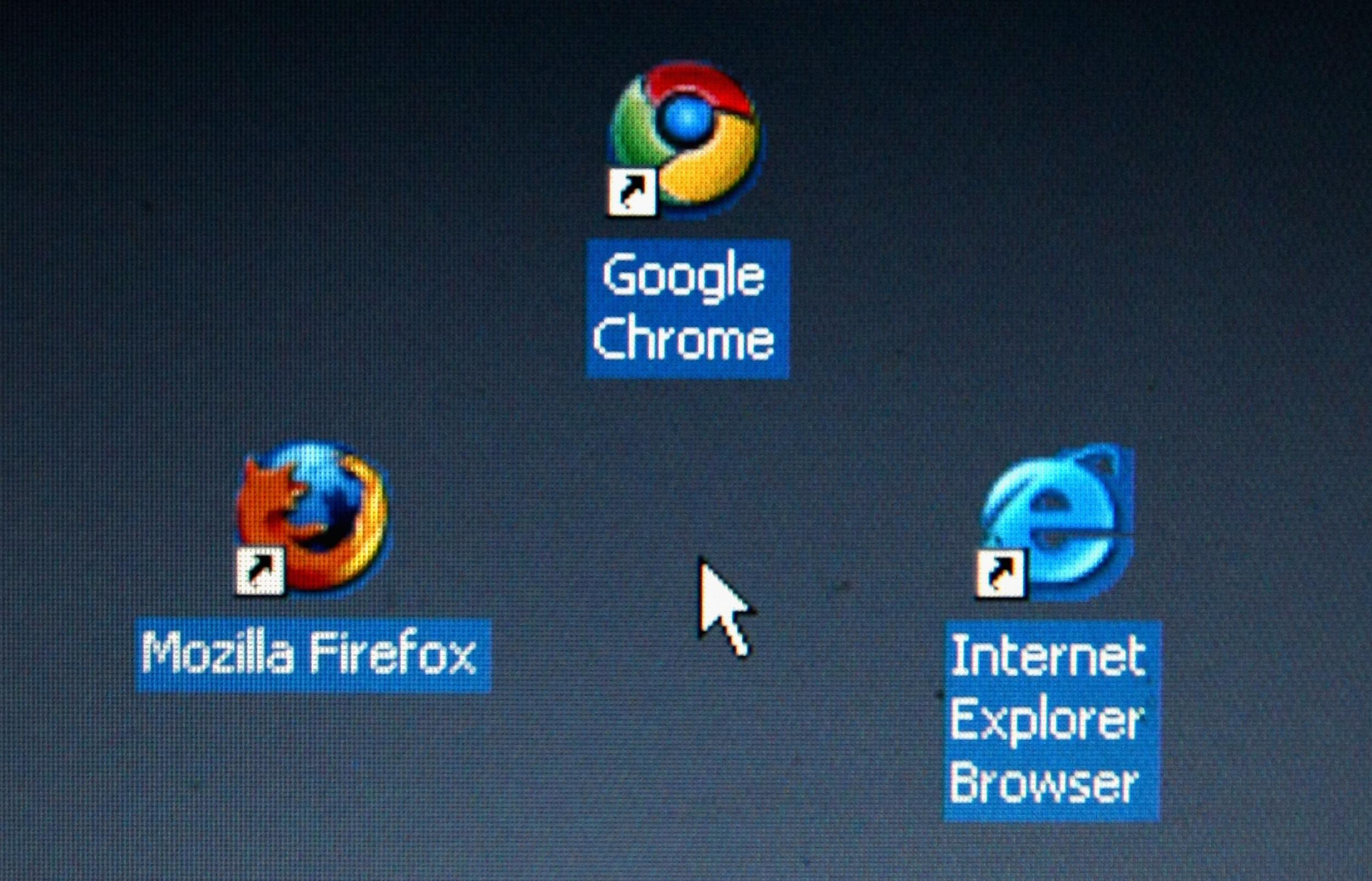Microsoft is finally about to end support for Internet Explorer 8, 9 and 10
Ending support for old versions will force users to switch to Microsoft Edge or Internet Explorer 11, the company's two latest browsers

After years of declining use, Microsoft is finally ending support for versions 8, 9 and 10 of their Internet Explorer web browser on January 12th.
These versions of the browser will still be usable, but they won't receive any more security or technical updates after the cut-off - meaning those using them will become much more vulnerable to hackers and security breaches.
As Microsoft has announced, one final patch for the browser versions will deliver an 'End of Life' notification, which will tell users they should switch to Internet Explorer 11, the latest version of the browser, as soon as possible.
Users will alternately be encouraged to switch to Microsoft Edge - the company's new browser, designed to be more suited to the features of the modern web.
Microsoft announced that support would end for old versions of IE back in August 2014, so users have had a long time to upgrade.
However, Internet Explorer is still one of the most-used browsers, and it's thought that there are hundreds of millions of users still using outdated versions.
The browser has been on its way out for a long time, but there's still difficulties for those users who have yet to make the change, especially Microsoft's business customers.
As recently as 2008, Internet Explorer was the world's most-use browser, but it's suffered a huge drop in popularity in recent years - currently, only around 6.8 per cent of internet users worldwide use Internet Explorer, compared to 67.4 per cent for Google's Chrome browser.
Cutting off support for old versions should allow Microsoft to start focusing solely on Edge and IE 11, promoting their use in order to begin competing with rival browsers once again.
To check which version of Internet Explorer you're using to see if you'll be affected by the changes, open the browser and click the Gear or Question Mark icon in the top right, and select 'About Internet Explorer' - the version of the browser your computer is running will be displayed in the pop-up box.
Join our commenting forum
Join thought-provoking conversations, follow other Independent readers and see their replies
Comments
Bookmark popover
Removed from bookmarks